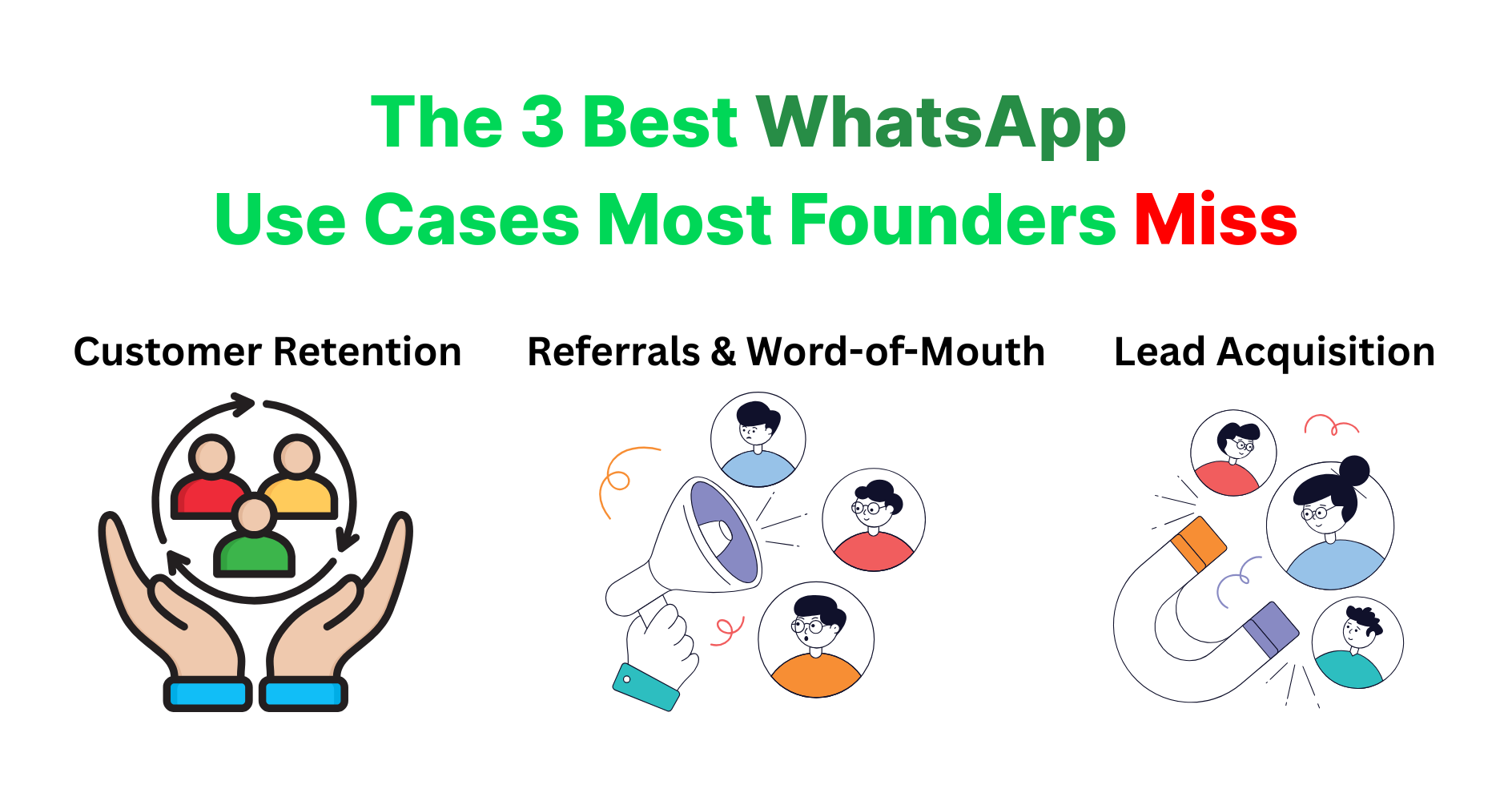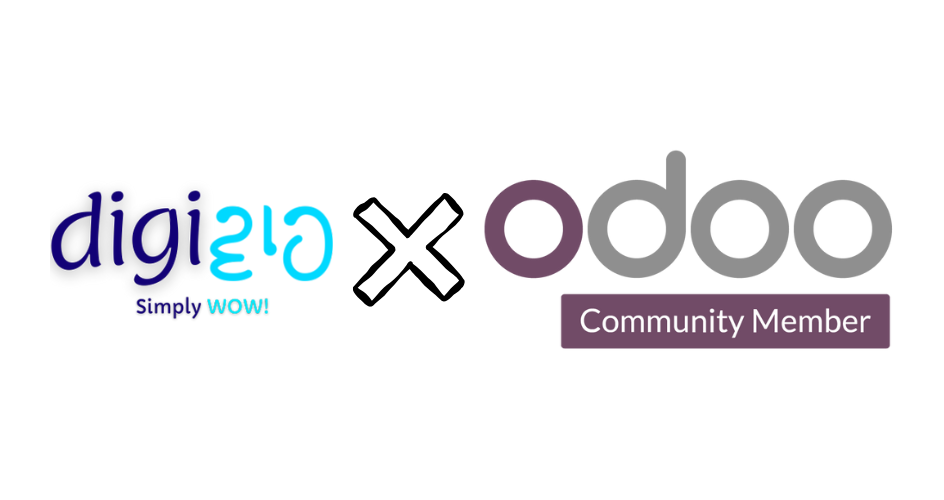If you’ve noticed that WhatsApp marketing is getting more expensive and restrictive.
Meta, the parent company of WhatsApp, has increased the cost of marketing messages by nearly 7% this year, after almost 25% hike just last year. At the same time, the cost of transactional messages—like order updates and booking confirmations—has been slashed to one-third of the previous rate. The new marketing message cost in India is 78 paisa and transactional message cost is 11 paisa from 1st October.
But it’s not just about money. Meta is also tightening its grip on how businesses can use WhatsApp for marketing, placing limits on the number of marketing messages businesses can send within a certain timeframe.
So, what’s going on? Why is Meta making it harder for businesses to market on WhatsApp? Let’s see why.
What’s Changing in WhatsApp Marketing?
Over the past year, Meta has steadily increased the cost of marketing messages sent through WhatsApp. While this may frustrate businesses relying on WhatsApp for customer outreach, it’s not the only hurdle. Meta has recently implemented stricter rules that limit how many marketing messages a business can send to a customer.
Here’s a breakdown of the new restrictions:
1. Two messages per 24hrs: A business can only send a maximum of two marketing messages to a customer within a 24-hour period.
2. Third message for active conversations: If the customer is already in an ongoing conversation, businesses can send a third message.
3. Fourth message upon engagement: If the customer responds to a message, businesses can send a fourth follow-up message within 24hrs.
These changes are a part of Meta’s ongoing effort to control the type and frequency of marketing activity on WhatsApp, a platform originally designed for personal communication.
On the other hand, by reducing the cost of transactional messages, Meta is encouraging businesses to use WhatsApp for more meaningful, service-oriented interactions. This shift means customers no longer have to depend on traditional SMS for important notifications like order updates, appointment reminders, or delivery confirmations. With WhatsApp, these notifications can now spark two-way communication, allowing users to respond, ask questions, or request further assistance directly within the chat. This seamless interaction goes beyond the limitations of SMS, making customer engagement more dynamic and efficient, while enhancing the overall user experience.

Why is Meta Doing This?
At first glance, these changes might seem counterproductive. After all, limiting marketing messages could frustrate businesses who rely on WhatsApp for customer engagement. But when you look closer, Meta’s reasoning becomes clearer—it’s all about protecting the user experience.
WhatsApp has become one of the most widely used messaging platforms in the world, with over 2 billion users globally. Most of us use it to stay connected with friends and family, making it a very personal space. Meta understands this, and it doesn’t want businesses to abuse that trust by spamming users with excessive or irrelevant marketing content.
If businesses were allowed to flood users with multiple marketing messages every day, it wouldn’t take long before people started feeling annoyed and potentially stopped using WhatsApp altogether. By capping the number of marketing messages a business can send, Meta is ensuring that the app remains a pleasant and useful tool for personal communication rather than turning it into a marketing battlefield.
Protecting the User Experience
Think about it from a user’s perspective. Nobody likes being bombarded with marketing messages they didn’t ask for, especially when those messages keep coming day after day. It feels intrusive and disrupts the primary purpose of the platform—to communicate with friends, family, and colleagues.
Meta’s goal is to maintain WhatsApp as a trusted, user-friendly platform. If users start to feel overwhelmed by ads and promotions, they may turn to other messaging apps that don’t have such aggressive marketing. By setting limits on marketing messages, Meta is essentially saying, “We care about our users and their experience on WhatsApp.”
The Business Perspective: Balancing Cost and Effectiveness
For businesses, the increased cost of marketing messages might seem frustrating at first. However, it could also push companies to be more strategic and thoughtful about how they use WhatsApp for marketing.
Instead of sending out bulk messages that may or may not resonate with their audience, businesses will need to carefully consider each message’s content, timing, and relevance. This shift could actually improve the effectiveness of marketing campaigns, as businesses will be more inclined to focus on quality over quantity.
Moreover, with transactional messages now costing significantly less, businesses have an opportunity to shift their focus toward offering value-driven updates. These messages, such as delivery notifications or appointment reminders, are more likely to be appreciated by users, keeping them engaged with your brand without feeling bombarded.
Why WhatsApp is Not the Place for Aggressive Marketing?
At its core, WhatsApp is not a marketing platform; it’s a messaging app. Unlike Facebook or Instagram, where ads are an expected part of the experience, WhatsApp is primarily used for personal and direct communication. Meta’s decision to increase the cost of marketing messages and limit their frequency is a clear indication that they want businesses to respect this distinction.
The key to successful WhatsApp marketing is to create messages that feel like a natural part of the conversation, not an interruption. Instead of spamming users with repeated promotions, businesses should aim to provide helpful, relevant content that aligns with the user’s needs and interests. If a customer isn’t engaging with your message, it’s a sign that something isn’t resonating. Sending the same message multiple times isn’t going to change that—in fact, it could damage your relationship with the customer.
What Does This Mean for the Future of WhatsApp Marketing?
The future of WhatsApp marketing will likely involve a more personalised, conversational approach. Businesses will need to adapt to the new rules by focusing on quality interactions and providing genuine value to customers. In this way, Meta is pushing companies toward more sustainable and user-friendly marketing practices.
Instead of relying on high-frequency messaging, businesses should aim to build meaningful relationships with their customers on WhatsApp. This might involve using WhatsApp chatbots to provide instant support, offering personalised product recommendations, or delivering timely updates that genuinely benefit the user.
Conclusion
Meta’s recent changes to WhatsApp marketing—higher costs, stricter message limits, and reduced transactional message fees—may seem challenging at first, but they represent a shift toward a more user-centric approach. By maintaining WhatsApp as a space for personal, meaningful communication, Meta is protecting the platform’s core value.
For businesses, this means adapting to a more thoughtful and strategic marketing approach. By focusing on quality interactions and providing real value, companies can still leverage WhatsApp as an effective marketing tool while respecting the user experience.
In the end, it’s a win-win: customers enjoy a more pleasant experience on WhatsApp, and businesses that adapt will build stronger, more meaningful relationships with their audience.






